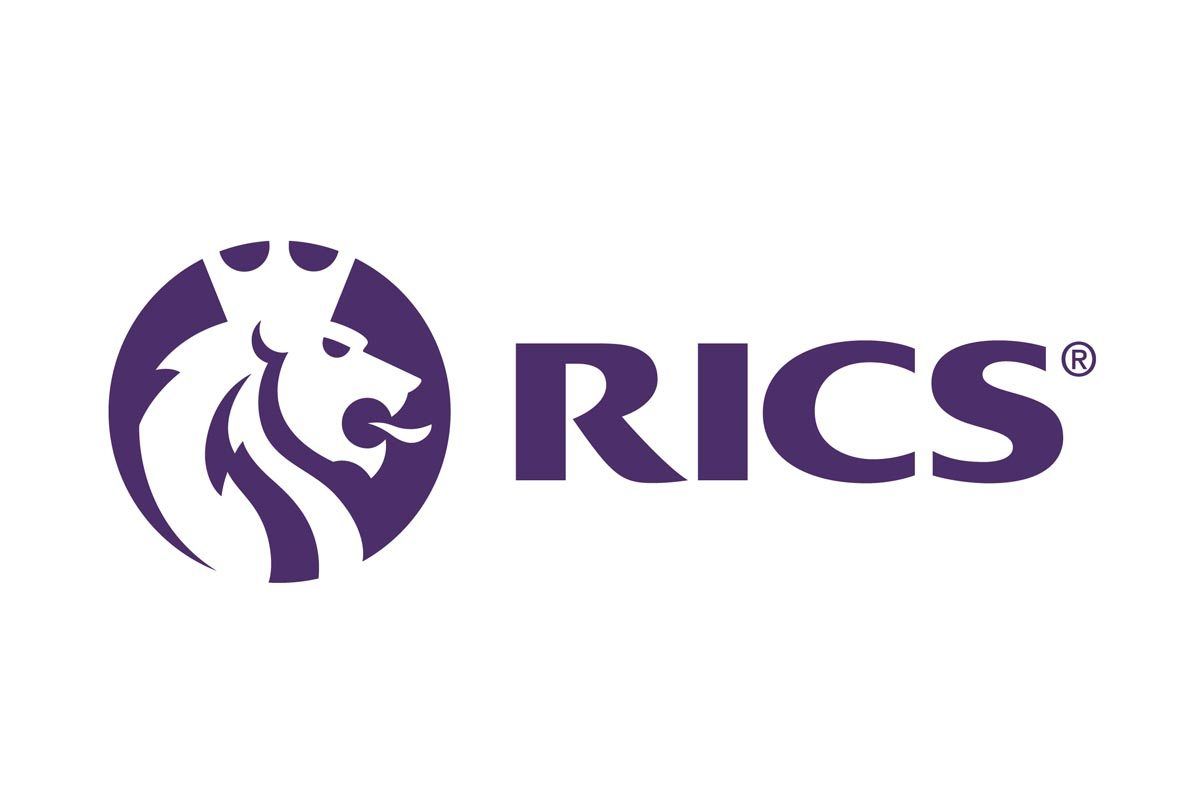)
OVERVIEW
East Anglia receives roughly a third less rainfall than the rest of the country. Practical, cost-effective and efficient new ways are required to address the impacts of climate change and human behaviour not just on water availability but also on surface water flooding and environmental pollution. The incumbent Water Company, Anglian Water, is working with more than 100 partners on 62 different projects to save water, fix problems before they happen and help protect the environment.
As part of its ‘Smarter Drop Street’ pilot project, to help establish the impact that property-based rainwater capture and retention can have on drought mitigation and flood risk prevention, Anglian Water selected Nat Flatman Street in Newmarket as a typical, terraced street of the area, that has limited space outdoors and is connected to combined sewer networks.
WHAT WE DID
SDS was invited to trial and test the appeal, delivery and operation of smart water tanks in a dense urban environment and complete an assessment of their performance and impact. This included carrying out a cost benefit analysis to compare this smart tank-based approach with more traditional, ‘dumb’ rainwater harvesting systems.
SDS equipped a standard water tank with a small control box which enables communication between the tank and SYMBiotIC™, SDS’s rainwater management measuring and reporting platform. Using SDS Intellistorm®, the system calculates the required tank volume based on each forecasted rainfall event and releases water from the tank until it reaches the required capacity level. The tank is then able to attenuate all or part of the ensuing rainfall. The software version currently available ensures that the weather forecast is checked every six hours and the relevant adjustments automatically made.
These “first-generation” smart water tanks are mains-powered, which increases installation time but ensures a very stable power source, and comprise of a strong, 270 litre capacity, slimline, rectangular tank which can be fitted neatly alongside walls and fences, for example, in gardens or other outside areas where there is limited space available.
RESULTS
Across 13 sites, smart water tanks with a total storage volume of 3.5m3 were installed, attenuating roughly 520m2 of impermeable (i.e. roof) area. Overall, throughout the analysis period, approximately 40m3 of stormwater was attenuated in the smart tanks, or about 25% of the rainfall; this represents more than eleven times the volume of the tanks installed. Over 29m3 of collected rainwater was pre-emptively released in advance of storms by the automated control process, thereby increasing the volume of stormwater attenuated.
Improvements made to the weather-based predictive control algorithm during the project, which commenced in July 2019 and was finally completed in December 2022 after a long hiatus period as a consequence of COVID-related restrictions, resulted in a 50% increase in the average volume of water discharged. A cost-benefit analysis has shown that this smart rainwater management system, in a relatively early stage of technological development, significantly outperformed traditional water butts in terms of the effective cost per cubic metre of stormwater attenuation.
The ‘Smarter Drop Street’ project has been recognised by Anglian Water as one of the UK’s first comprehensive trials of retrofitted smart water tanks that will help it achieve its twin aims of reducing both potable water consumption and flood risk.


)
)
)
)
)
)

)
)
)
)
)
)
)
)
)
)
)
)
)
)
)
)
)
)
)
)
)
)
)
)
)
)
.png/fit-in/500x500/filters:no_upscale())
)
)
)
)
)
)
)
)
)
)
)
)
)
)
)
)
)
)
)
)
)
)
)
)
)
)
)
.png/fit-in/500x500/filters:no_upscale())
)
)
)
)
)
)
)
)
)
)
)
)
)
)
)
)
)
)
)
)
)
)
)
)
)
)
)
)
)
)
)
)
)
)
)
)
)
)
)
)
)
)
)
)
)
)
)
)
)
)
)
)
)
)
)
)
)
)
)
)
)
)
)
)
)
)
)
)
)
)
)
)
)
)
)
)
)
)
)
)
)
)
)
)
)
)
)
)